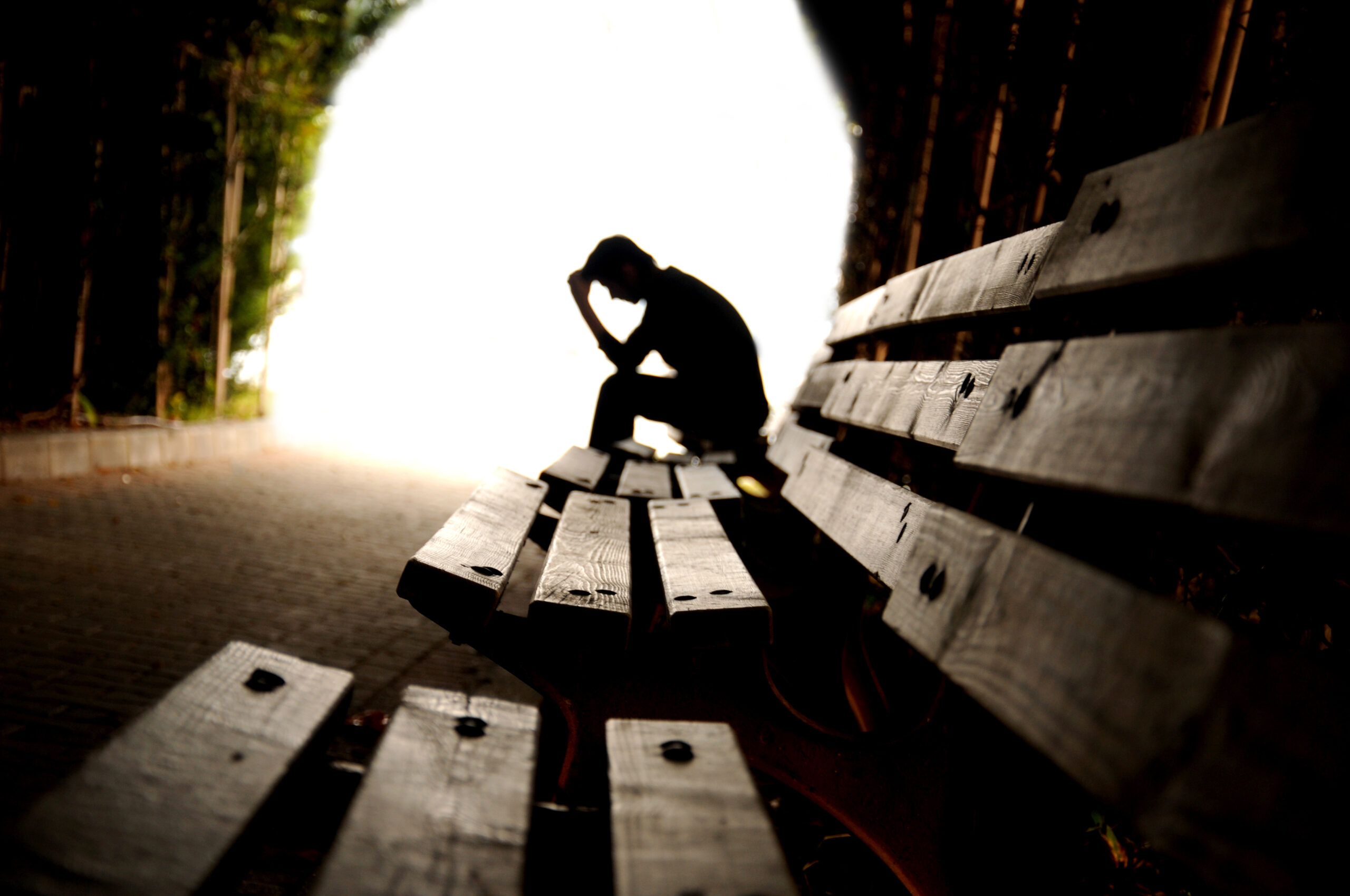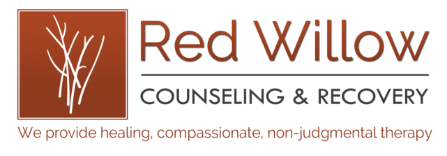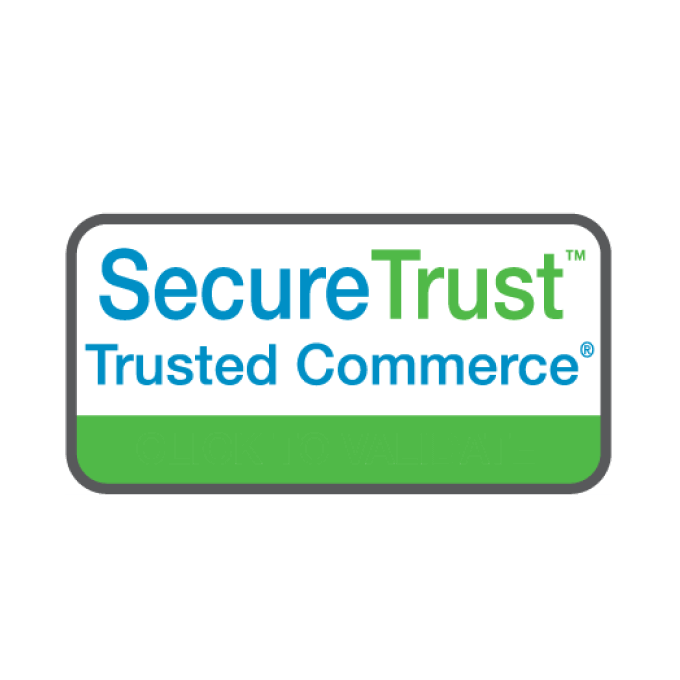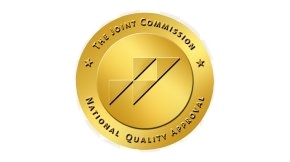
ADDICTION
Addictions to any type of substance can be a dark place to climb out of and take many different methods to limit the addiction. More people die yearly from addiction than in car crashes. People who need guidance or feel they have hit rock bottom can heal and overcome addiction. Red Willow Counseling and Rehabilitation works with different addictions and abuse situations to help you gain more control over your life.
More research has shown that treatment for drug addiction, alcohol abuse, food addictions, and other disruptive addictions can be improved with the use of therapy or certain medications. Cognitive-behavior therapy, motivational therapy, support groups, or even family therapy can help improve your thought process around your addiction and help you take better control of your life.
Varying Addictions
Different substances can lead to addictions and even certain actions can be considered impulse control diseases. Some common addictions include:
- Alcohol
- Tobacco
- Inhalants
- Hallucinogens
- Cannabis
- Gambling
- Kleptomania
- Food
- Pornography
- Cutting
- Working
- Spiritual obsession
- And more
I drank to drown my sorrows, but the damned things learned how to swim.
-Frida Kahlo
Tests, Scales, & Questionnaires
Drug and Alcohol Assessment Self Form by Judith Landau Consulting
(to assess if you have a problem with drugs or alcohol)
UNCOPE Questionnaire by Judith Landau Consulting
(An assessment for drug or alcohol abuse for self or concerned others)
“Living with an Addiction” Questionnaire by Judith Landau Consulting
(Signs that you have a family member with a drug or alcohol problem)
BAM Brief Addiction Monitor Tool
While some disorders and addictions will be harder to remedy than others, all of them can become more manageable through proper recovery options. Red Willow helps to build respect with clients and their families. Doing this allows us to provide you with the best care and help find a treatment without blame, coercion, or surprises.
Whether you feel you meet the “requirements” for addiction, Red Willow can help you identify your triggers and manage compulsions and the need to use a substance or action to manage emotions.
Therapy And Support Groups
Having even just one person to support you during your recovery is important. Group therapy or support groups are helpful to improve your addiction compulsions and give you perspective on how others are handling similar situations.
The ARISE® Invitational Model of Intervention
Here at Red Willow, we use the ARISE® Invitational Intervention model on your road to recovery. This is an evidence-based method of getting people through treatment effectively and moving them toward recovery. ARISE® gets over 83% of addicted individuals into treatment. And, by the end of the first year of treatment, 61% of individuals are sober.
This model goes beyond just one meeting to discuss your addition, it offers continued care with intervention, meetings, and gradual therapy, and helps the individual engaged in treatment. Afterward, the family continues to meet weekly with the interventionist to work on changing unhealthy family habits to help the addiction recovery individual. Through intervention, your family can break the repeated patterns of relapse and disappointment while creating renewed hope.
Below is a breakdown of what occurs during our ARISE program.
The First Call: To get started, call our certified ARISE interventionist for a free phone consultation at 385-313-0055. After collecting information and determining if an intervention is necessary, you’ll be guided to invite others into this process, set up the first meeting, and invite the addicted family member with compassion. The ARISE interventionist facilitates all of the intervention meetings.
Level 1 – First Meeting: In this initial meeting, we explore family dynamics, including healthy and unhealthy ways of connecting. Family and friends form an intervention network to express concerns and invite the addicted individual into treatment. After this step, 56% of individuals enter treatment.
Level 2 – Strength in Numbers: The intervention network continues to meet as a group to motivate the addicted loved one to get help. The intervention network also works on improving their individual and collective health. After two to five Level 2 meetings, 80% of addicted individuals enter treatment.
Level 3 – The Formal ARISE Intervention: If the individual has not yet entered treatment, we facilitate a formal intervention. Families establish consequences as a unified group and continue to work together toward healing. After this step, 83% of addicted individuals enter treatment.
Continuing Care
After the individual struggling with addiction enters treatment, the family enters the ARISE continuing care process, which lasts for six months. We provide ongoing education and support and also encourage families to participate in a 12-step program or another support group. Our interventionist works collaboratively with your family to overcome the disease of addiction, prevent relapse, and create a promising future defined by resilience, solidarity, and hope.





